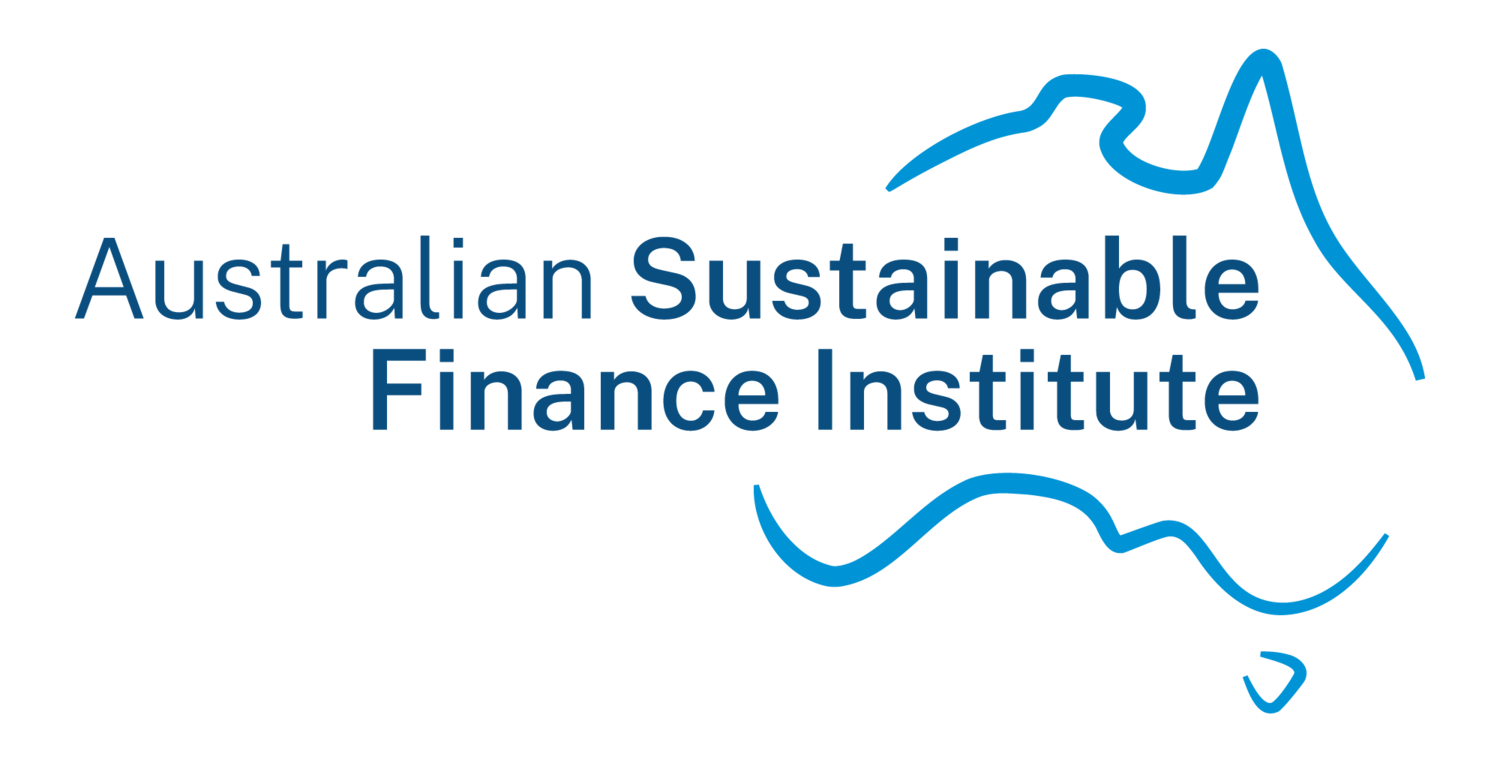CEO visit to Singapore and Indonesia confirms regional momentum for sustainable finance
Between 21-26 February, ASFI CEO Kristy Graham visited Singapore and Indonesia as part of ASFI’s partnership with the Australian Department of Foreign Affairs and Trade. The partnership is focused on fostering and strengthening ASFI’s international partnerships with governments, industry organisations, financial institutions and universities, to drive the growth and credibility of sustainable finance markets and policy settings across the region.
Despite global uncertainty, discussions with investors, business groups, banks, government officials and other sector stakeholders emphasised the continued need for sustainable investment and finance. They are critical elements to support economic growth and other national priorities, and the discussions confirmed the central role of policy and regulatory settings alongside blended finance to make this a commercial proposition for financial institutions.
Singapore
In Singapore, with the who’s who of climate and blended finance, Kristy caught up with key development banks, asset managers, investors, banks and Export Credit Agencies operating in the region. She attended the opening of FinDev Canada’s Singapore office, which demonstrates the increasing engagement in the region from the Canadian Government. This engagement creates opportunities for Australian superannuation and other investors to partner with Canadian super funds, who are also looking for greater regional exposure.
The opening also occurred alongside a growing portfolio of Australian Government backed investments in the region, through Financing Asia’s Transition Partnership (FAST-P), Australian Development Investments (ADI) fund and the Private Infrastructure Development Group. These funds set a strong foundation for further co-investments from Australian and Canadian institutions.
Singapore continues to strengthen its role as a major regional sustainable finance hub for the region. With our Singaporean counterpart, the Singapore Sustainable Finance Association (SSFA), ASFI agreed to pursue a program of collaboration. We will bring together financial institutions and others involved in sustainable finance taxonomy development and implementation, to share lessons across jurisdictions and inform future work to harmonise sustainable finance frameworks across the region and beyond.
ASFI’s partners in Singapore indicated the strong sentiment that while global politics create headwinds for financial institutions with exposure in the US, the commercial fundamentals of sustainable finance do not change. Accordingly, financial institutions will continue to integrate sustainability-related risks into their decision making and allocate capital towards opportunities. This includes through blended finance structures, which are often needed to achieve commercial returns. There was also a strengthening of focus on the need to mobilise capital for climate transition and resilience in emerging markets, and the need for both strong policy and regulation and blended finance mechanisms to accelerate this.
Indonesia
In Indonesia, Kristy’s focus was on sharing learnings from the development of the Australian Sustainable Finance Taxonomy with Indonesian Government, financial sector and business community. There was great interest in the Australian experience, given the current process to develop the third iteration of the Indonesian Sustainable Finance Taxonomy (TKBI).
ASFI will be working with the Australia-Indonesia Partnership for Economic Development (PROSPERA) to further support the TKBI development process. Australia and Indonesia’s economies face many of the same challenges, including the need to fund climate transition for high emitting sectors such as mining. Working closely with Indonesia on the development of sustainable finance standards and regulations will smooth the pathway for two-way flows of investment, and further strengthen the bilateral partnership.
ASFI will continue to engage with our partners in Singapore and Indonesia to deliver on these priorities. We will provide updates on our progress, and share further opportunities for Australian firms and stakeholders to be involved.
